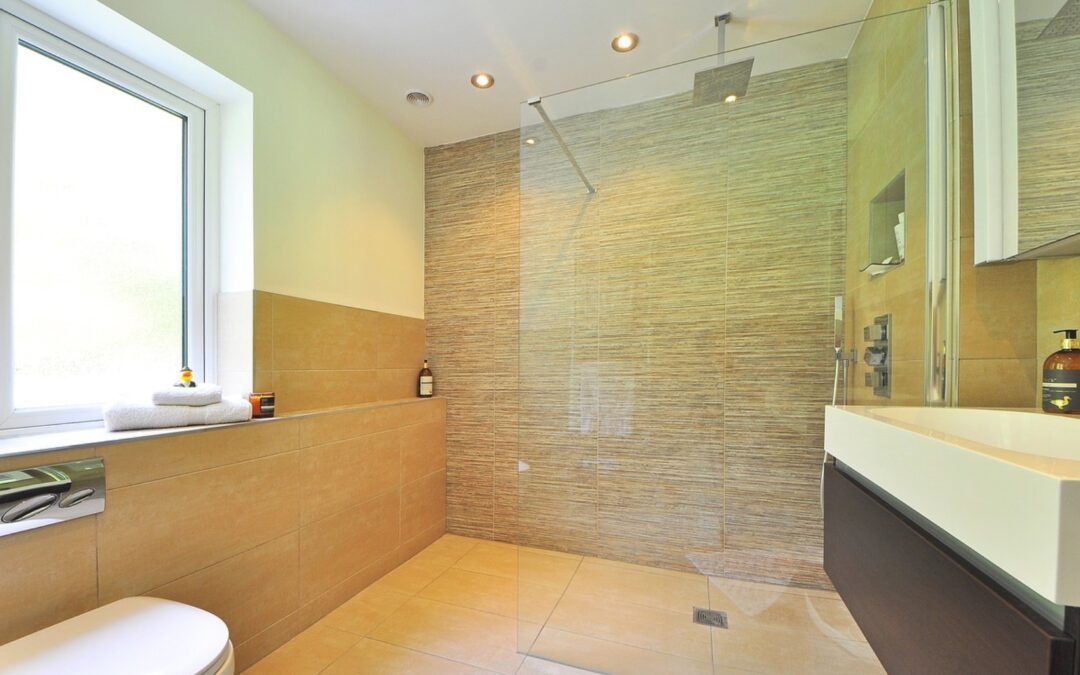Plumbing is an essential part of a home’s infrastructure. It provides water and eliminates waste. Unfortunately, plumbing is not a permanent fixture. While maintenance can prolong the lifespan of your plumbing system, there will come a time when it needs to be replaced. We’ll be discussing when your plumbing system should be replaced to avoid costly repairs and potential hazards.
Age of Plumbing
When determining whether it’s time to replace old plumbing, one of the most important things to consider is its age. Most plumbing systems can last between 20 and 50 year depending on their material and usage. If your plumbing system is reaching or exceeding this age, it’s time for replacement.
Leaks & Corrosion
Leaks are a common problem and can cause severe damage if not dealt with promptly. Leaks can be caused by many factors, but corrosion is the most common. Corrosion may be caused by the aging of the pipes, exposure to harsh chemicals, or high water pressure. It may be time for you to replace your pipes if there are frequent leaks and corrosion.
Low Water Pressure
Low water pressure can indicate many issues, such as clogged pipes or worn-out fixtures. If you notice your water pressure dropping, call a plumber to check the situation. If the problem persists, it may time to replace your existing plumbing system.
Strange Noises
Strange noises coming from your plumbing system (such as gurgling, banging) can indicate that something is wrong. These noises could be caused by a clog, broken pipes, or a faulty heater. To determine the cause of strange sounds coming from your plumbing system it is best to contact a plumber.
Frequent Repairs
It might be more cost-effective for you to replace your entire plumbing system instead of repairing it as often as possible. Frequent repairs are not only costly but can also indicate the end of your system’s life span. You can avoid future damage and potential dangers by replacing your plumbing system.
Signs of Rust or Mineral Build-Up
Blockages can result from mineral and rust build-up and poor water quality. You should replace your old plumbing system if you notice signs such as discolored or rusty water. This will improve the quality and life expectancy of your plumbing system.
Conclusion
Plumbing is an essential part of any home. Maintaining it in good condition is crucial for the safety and health of your family. Knowing when to replace your old plumbing system can save you money and avoid potential hazards. You should contact a licensed plumber if you feel it is time to replace your plumbing system.
If your plumbing system has reached or exceeded the recommended age range and you notice frequent leaks, low pressure, unusual sounds, frequent repairs, signs of rust, or mineral build-up, it is time to replace it. Don’t wait until a plumbing emergency occurs before you act. The cost to replace your plumbing system is much lower than the cost for extensive repairs and a potential disaster.

